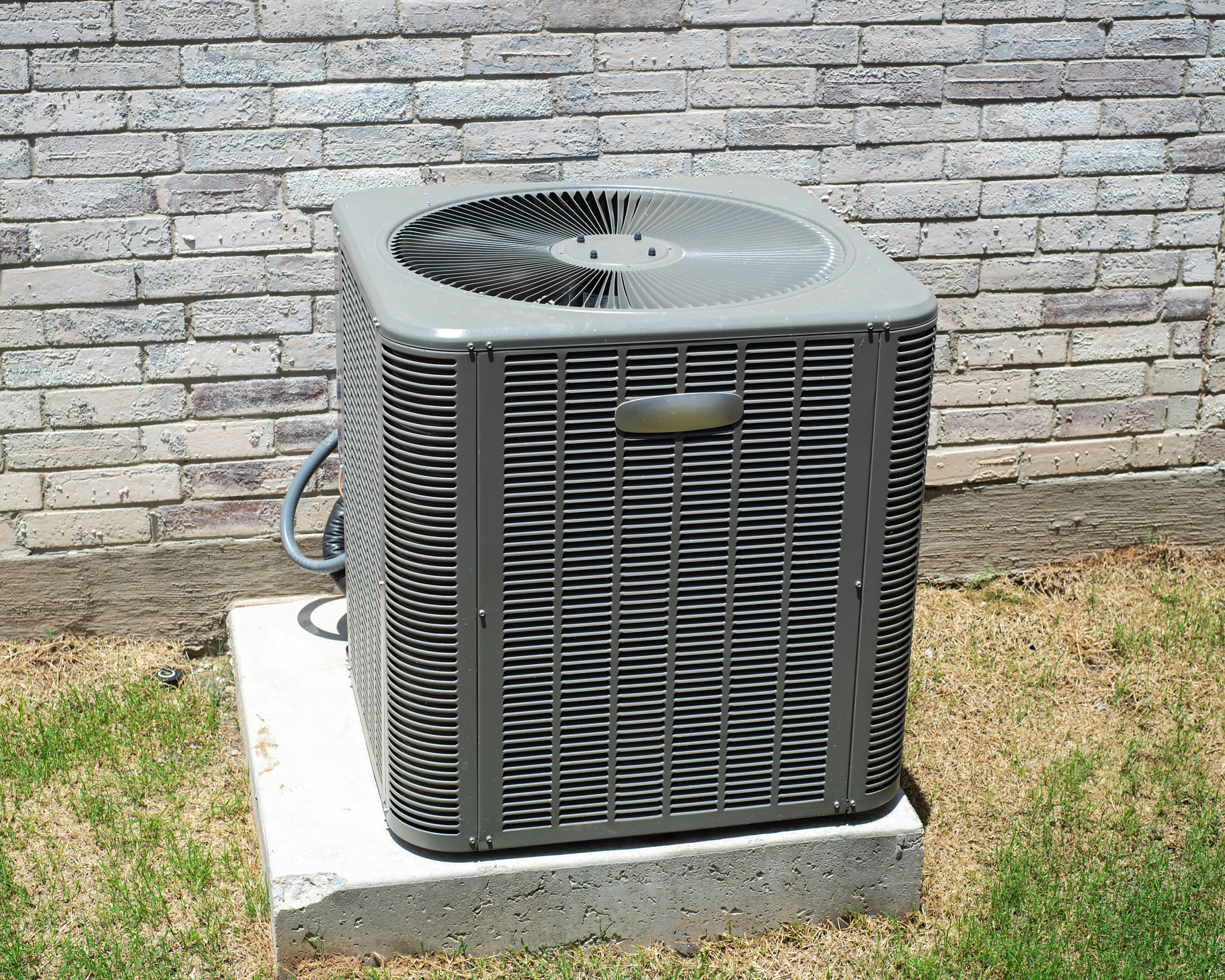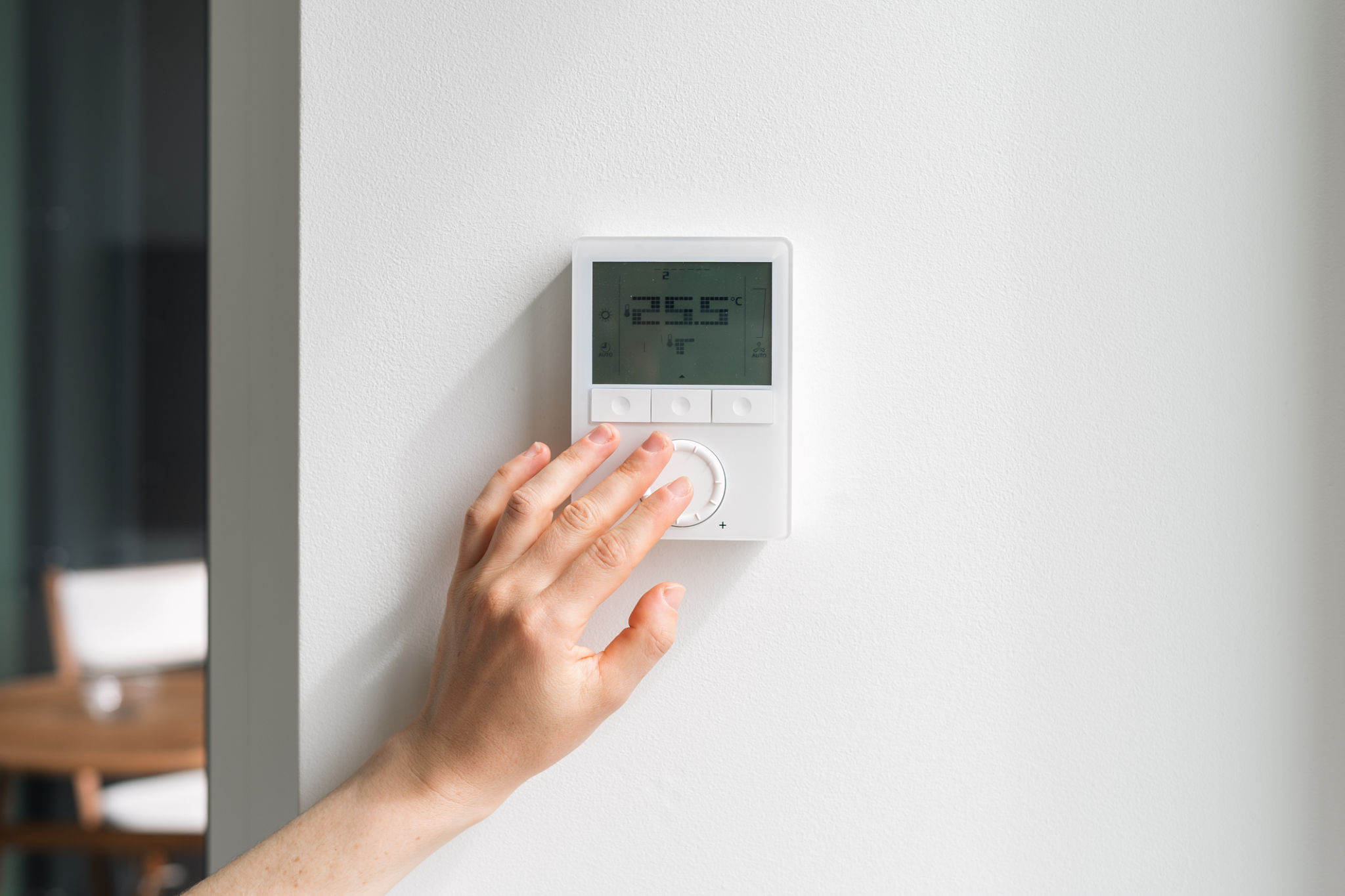Innovations in Eco-Friendly HVAC Systems: A Look at the Future of Home Climate Control
The Rise of Eco-Friendly HVAC Systems
As environmental concerns continue to rise, industries are adapting to create more sustainable solutions. The HVAC industry is no exception, with innovations in eco-friendly systems offering homeowners more efficient and environmentally conscious options for heating and cooling their homes.
Traditional HVAC systems consume a significant amount of energy, contributing to high electricity bills and increased carbon footprints. In response, companies are developing new technologies that not only reduce energy consumption but also harness renewable resources. This shift is pivotal in shaping the future of home climate control.

Harnessing Renewable Energy
One of the most promising innovations in eco-friendly HVAC systems is the integration of renewable energy sources like solar and geothermal power. Solar panels can be used to power HVAC units, significantly reducing reliance on non-renewable energy. Geothermal systems, on the other hand, utilize the earth's natural heat to regulate home temperatures, offering a sustainable and efficient alternative.
These renewable energy sources provide a dual benefit: they lower utility costs for homeowners and decrease the environmental impact of traditional heating and cooling methods. As technology advances, the efficiency and affordability of these systems continue to improve, making them more accessible to a wider audience.
Smart Technology Integration
Smart technology is revolutionizing the way we interact with our home systems, including HVAC. Modern eco-friendly HVAC systems often incorporate smart thermostats and sensors that allow for precise climate control. These devices can learn user preferences and adjust settings automatically to optimize energy use.

The integration of smart technology also enables remote monitoring and control via smartphone apps, providing homeowners with greater flexibility and control over their home environment. This not only enhances comfort but also promotes energy efficiency by preventing unnecessary heating or cooling when spaces are unoccupied.
Advanced Air Filtration and Ventilation
Improving indoor air quality is a key focus of new eco-friendly HVAC systems. Advanced air filtration technologies are being developed to remove pollutants and allergens more effectively, ensuring cleaner and healthier indoor environments. Some systems incorporate HEPA filters or UV light purification to achieve superior air quality.
Moreover, energy-efficient ventilation solutions are being designed to maintain optimal airflow while minimizing energy waste. These innovations help in creating a balanced indoor climate that supports both comfort and health.

The Future of HVAC: A Sustainable Outlook
The future of home climate control looks promising with the continued advancement of eco-friendly HVAC technologies. As awareness and demand grow, we can expect further innovations that will enhance the sustainability and efficiency of these systems.
The transition towards greener HVAC solutions not only benefits individual homeowners but also contributes to broader environmental goals. By embracing these innovations, we take a significant step towards reducing our carbon footprint and fostering a more sustainable future for generations to come.
